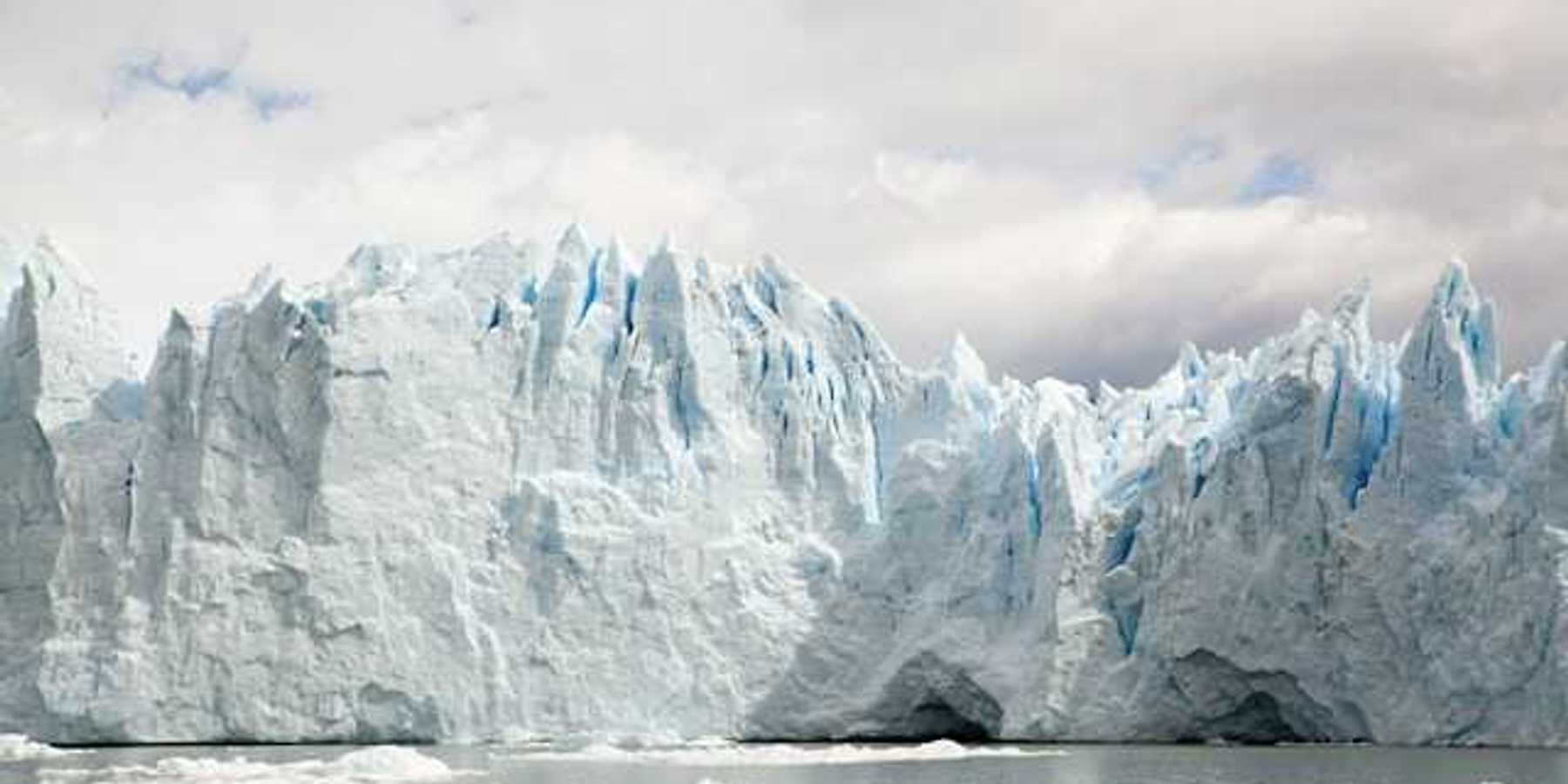Antarctica's ice melt poses a rising threat as research funding dwindles
A recent study highlights the accelerated melting of Antarctica's Thwaites Glacier, signaling a dire need for action against sea level rise.
Bob Berwyn reports for Inside Climate News.
In short:
- Researchers have found that the Thwaites Glacier has been melting since the mid-1940s, with current rates of ice flow doubling in the last 30 years.
- This melting contributes significantly to global sea level rise, with Antarctica losing an average of 150 billion metric tons of ice per year.
- Despite the urgency, funding for further research is dwindling, threatening our ability to monitor and respond to these changes.
Key quote:
"It really brings home the scale of the problem of sea level rise. When you think about populations in New Orleans, in Bangladesh, and along coastlines all around the world, this is where the threat really lies.”
— James Kirkham, ice researcher
Why this matters:
The implications of Antarctica's ice melt are not limited to the rise in sea levels. Changes in freshwater distribution can affect ocean currents and weather patterns, leading to more extreme weather events globally, impacting food security, water supply, and health, particularly in more vulnerable communities.
People are flocking to see melting glaciers before they're gone—bringing both benefit and harm.













